
Why won’t my baby sleep?
Key points: Sleep regressions concept: Sleep regressions are normal periods lasting 2-6 weeks during a child’s first three years. Changes in sleep habits…
Learn more about the universe of infant sleep with articles on sleep rituals, sleep hygiene, bedtime, among other topics.
Learn more about the universe of infant sleep with articles on sleep rituals, sleep hygiene, bedtime, among other topics.

Key points: Sleep regressions concept: Sleep regressions are normal periods lasting 2-6 weeks during a child’s first three years. Changes in sleep habits…
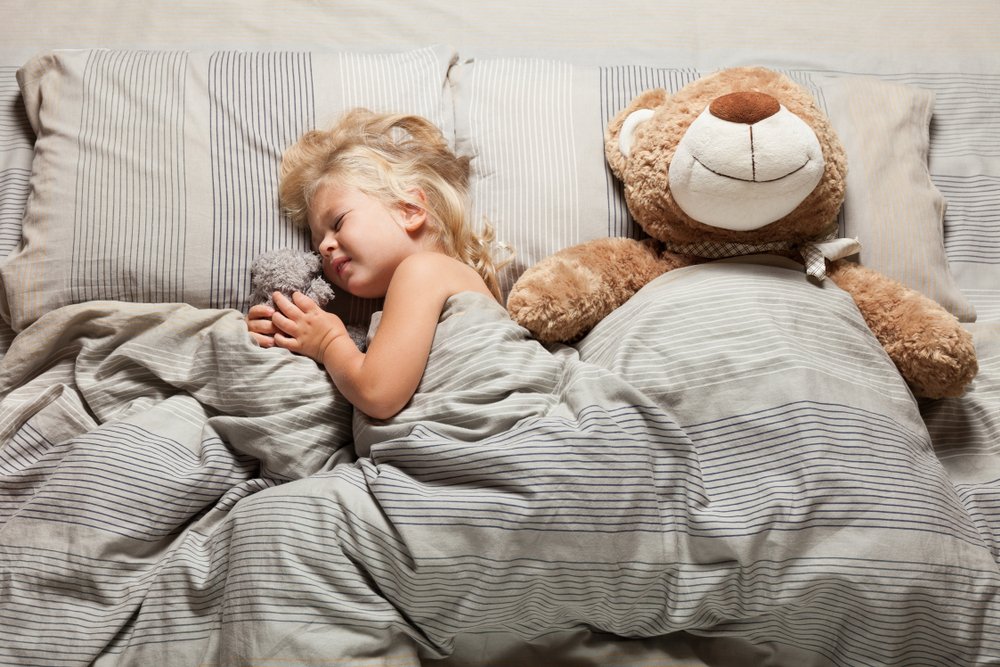
Key points: Night terrors differ from nightmares, occurring when children are partially awake, often with no recollection the next day. Episodes, lasting 5-20…

Key points:1. Babies need a lot of sleep during the early months.2. The safest sleeping position is on their back.3. Sudden Infant Death…
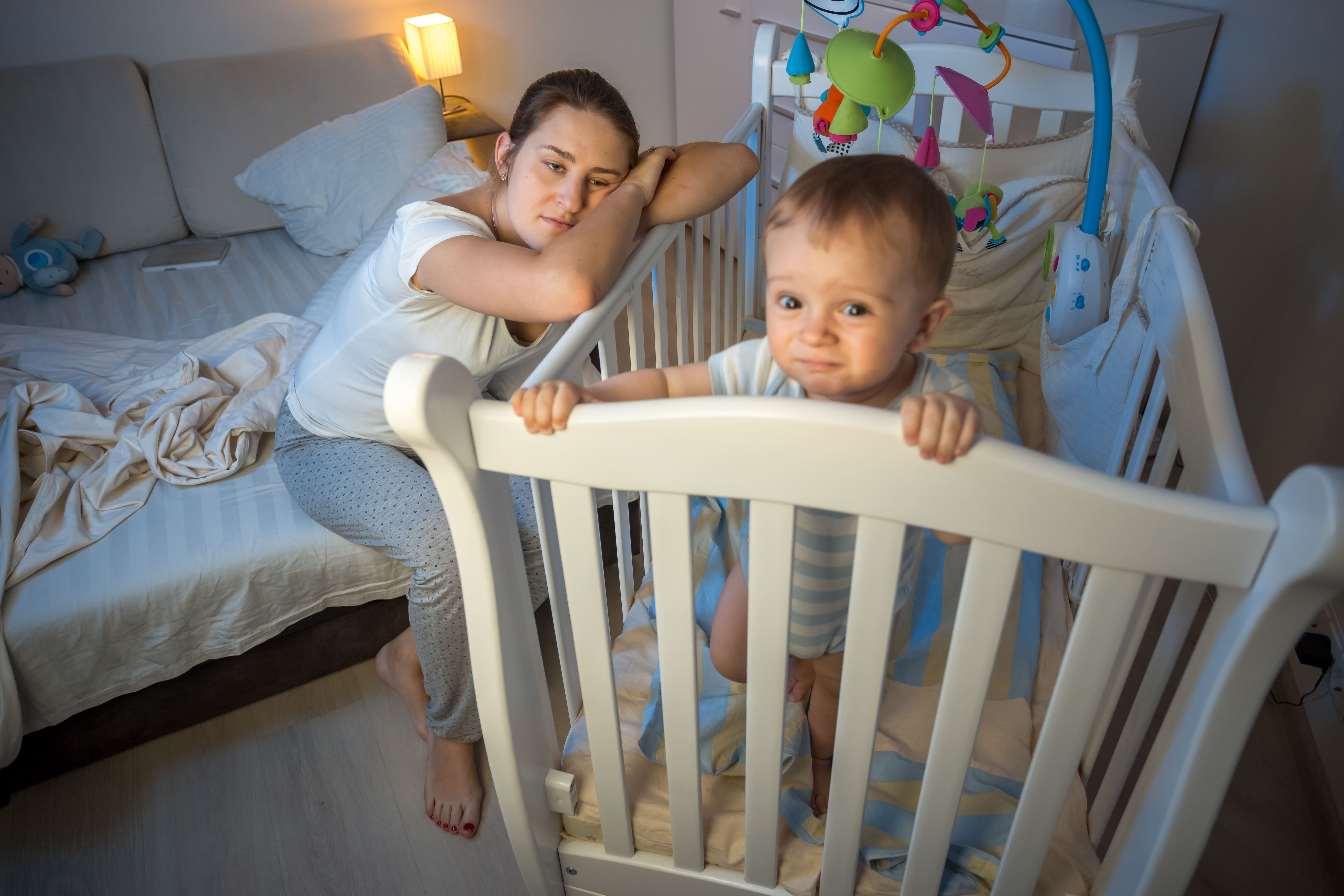
Ask any new parent how they’re doing, and a good percentage will reply that they are sleep-deprived. Getting a good night’s sleep can…
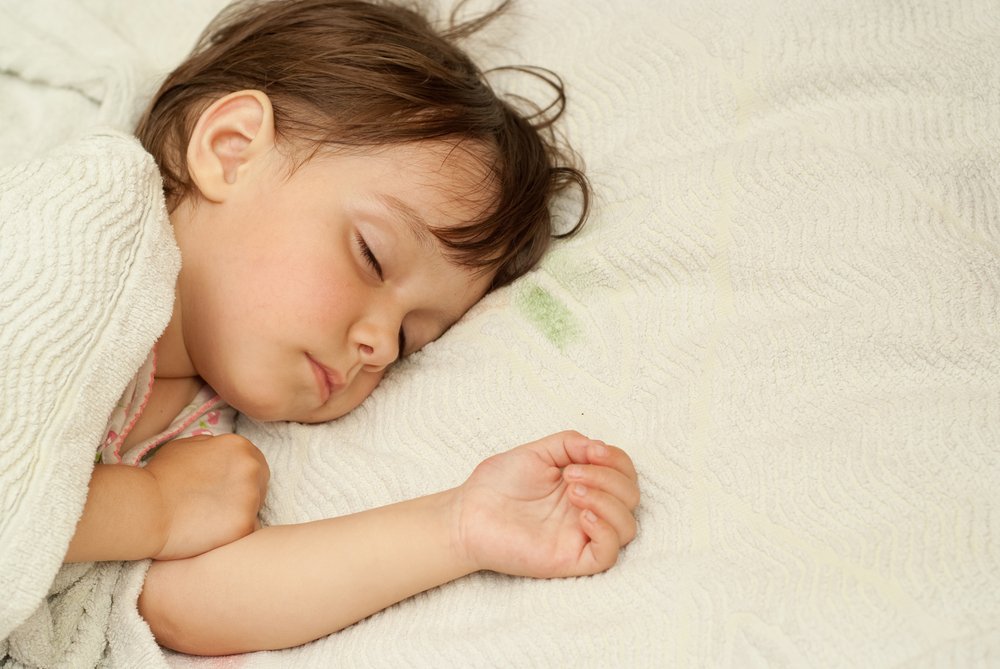
Key Points: 1. Childhood Nightmares: Explore children’s nightmares—how they affect sleep and emotions, and when they typically begin. 2. Managing Nighttime Fears: Learn…
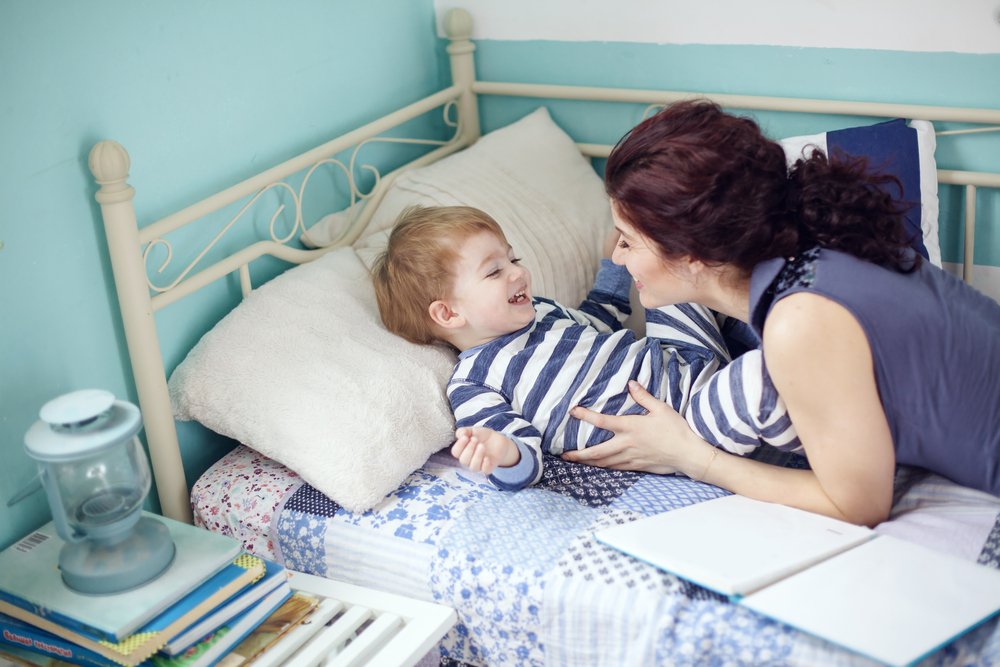
Key Points: 1. Separation Anxiety & Bedtime: Babies at around a year old might resist bedtime due to separation anxiety—a normal sign of…
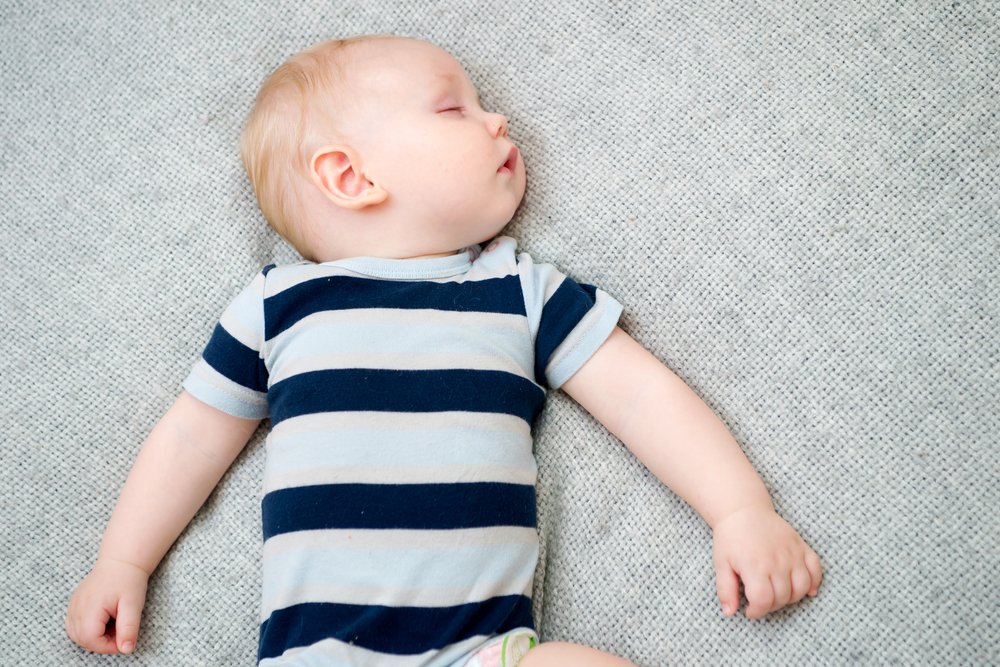
Key points: 1. Nighttime Routine Importance: Creating a predictable nighttime routine helps babies learn to sleep. It fosters security, relaxation, bonding, and language…
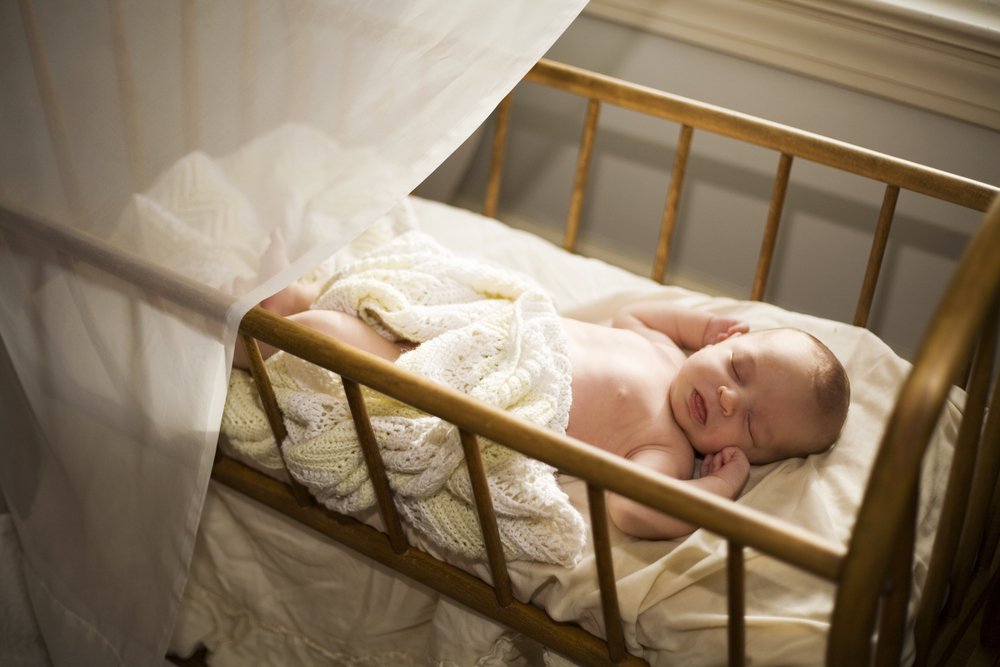
Key Points: The article emphasizes the importance of establishing a bedtime routine for infants, which can help them feel secure and learn the…
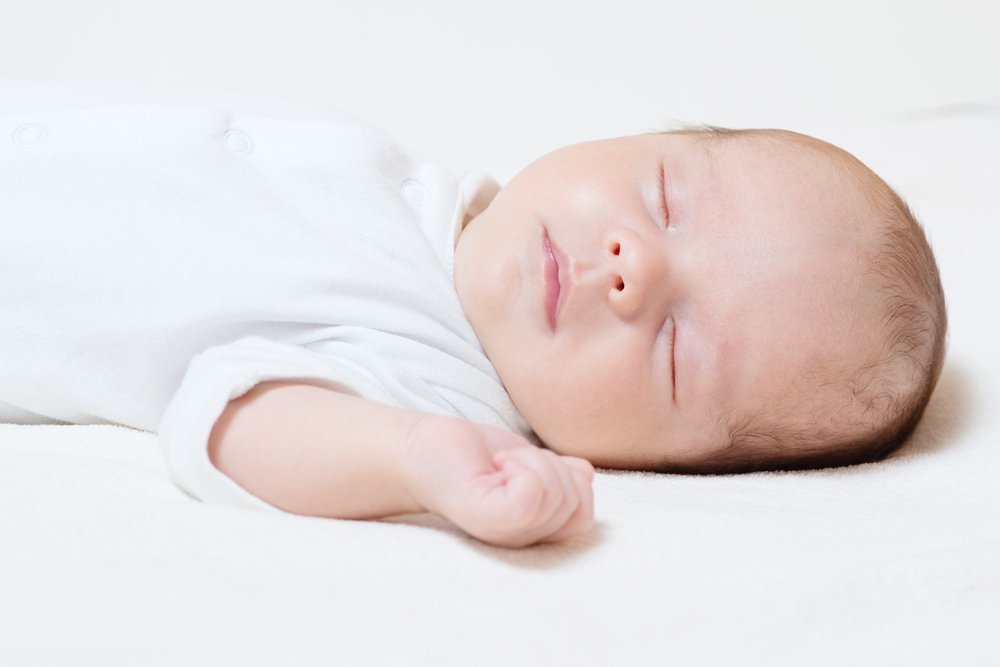
Key Points: Sleep deprivation is a common issue for parents with young children, but there are tips to help babies sleep through the…
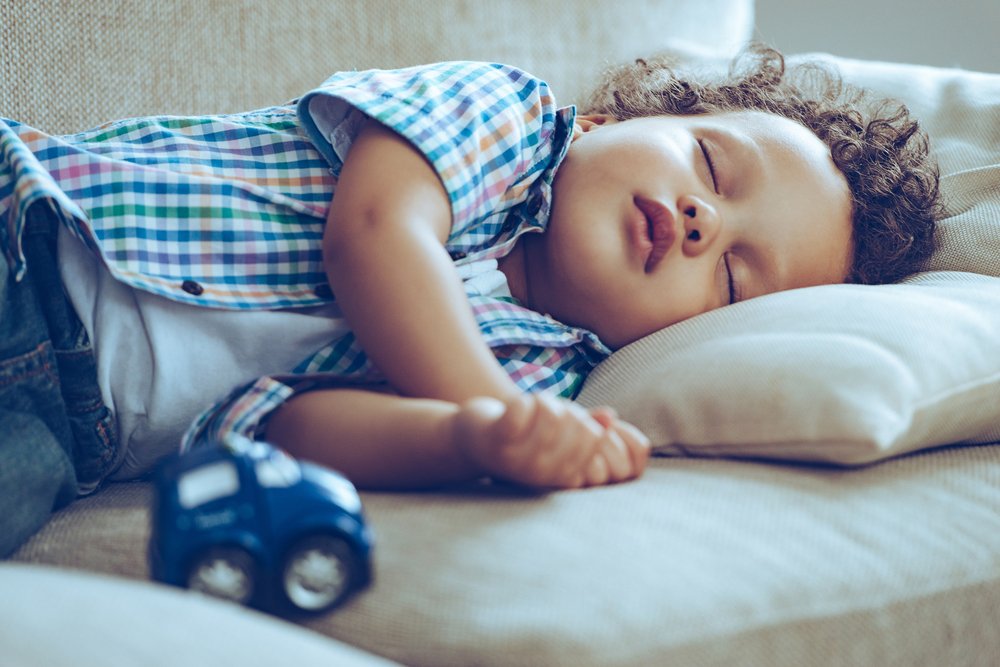
Key points: Sleep is important for mood and attitude as well as physical and cognitive development. Toddlers between 21-24 months should ideally sleep…
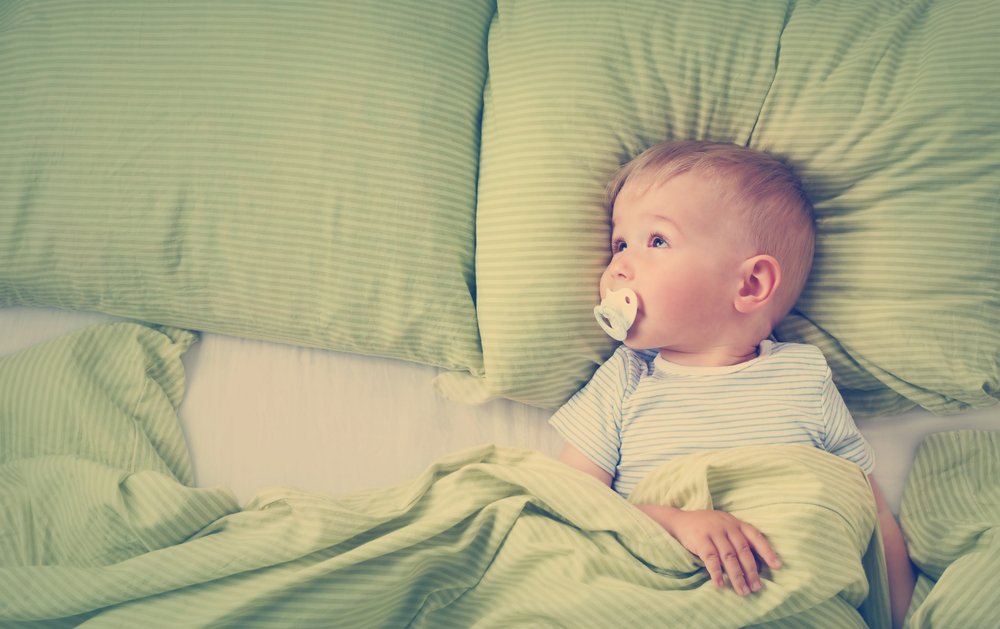
Key points 1. Children seek more autonomy as they enter a stage of self-definition and may resist bedtime. 2. Allowing children to participate…
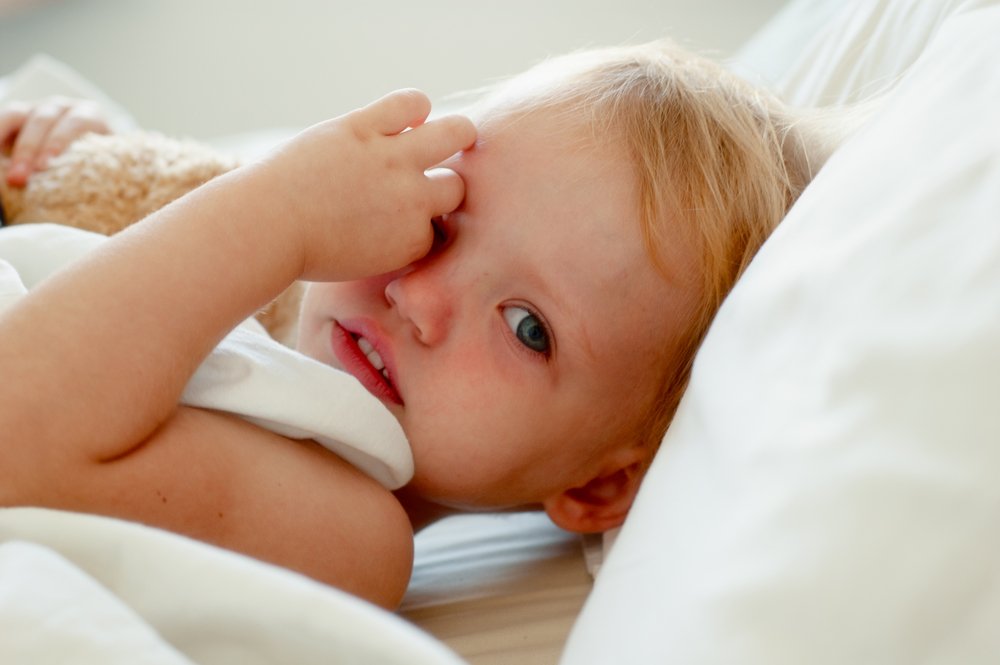
Key points: Sleep is crucial for the physical, social and emotional growth of children. Children between 17-20 months should ideally sleep between 11-14…
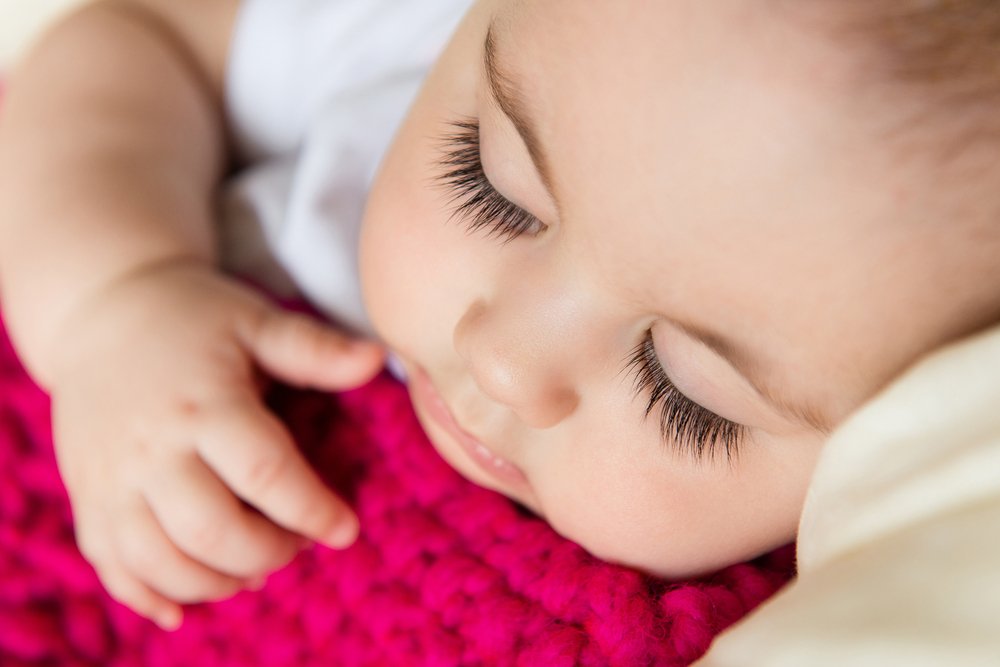
Key points: Sleep is crucial for both physical and mental development in toddlers. Toddlers between 13-16 months should ideally sleep between 11-14 hours…
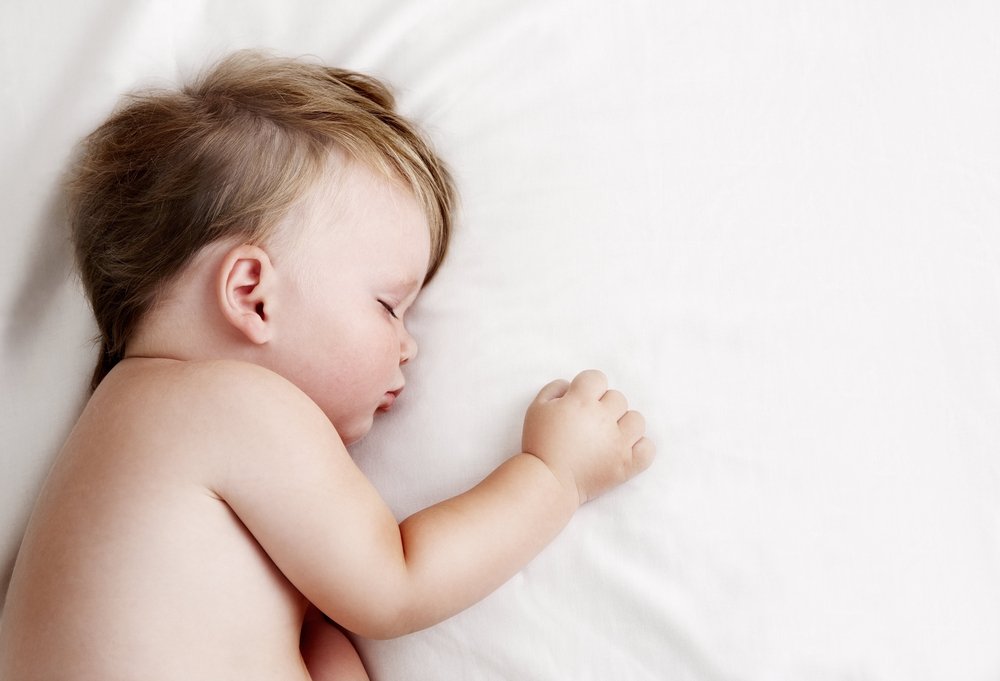
Key points: Sleep is essential for babies’ physical and mental development. Babies between 10-12 months should ideally sleep between 12-15 hours a day….
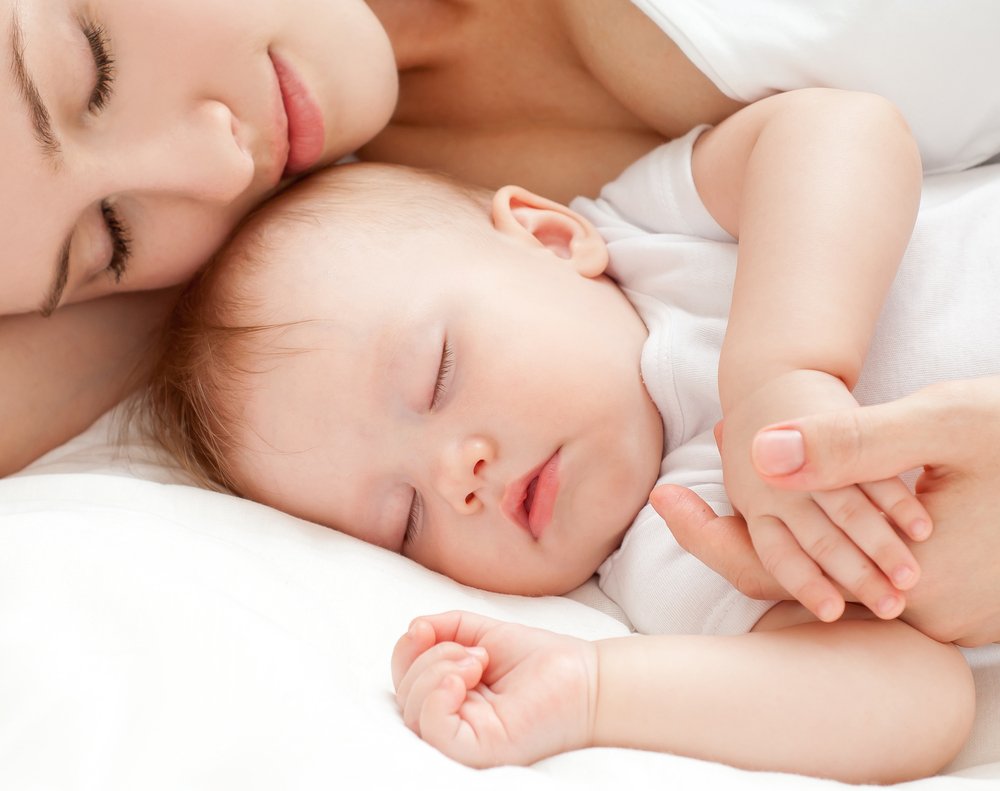
Key points: Sleep is critical for babies’ physical and mental development. Babies between 7-9 months should ideally sleep between 12-15 hours a day….
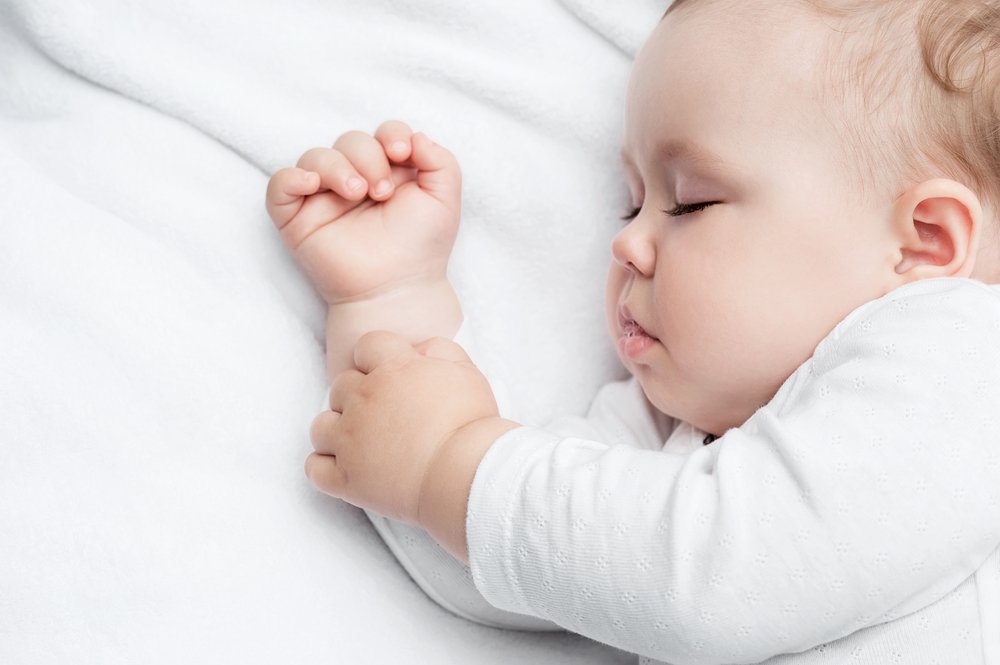
Key points: Sleeping well is important for our overall health. At around 4 months, a baby’s circadian rhythm begins to consolidate. Babies at…
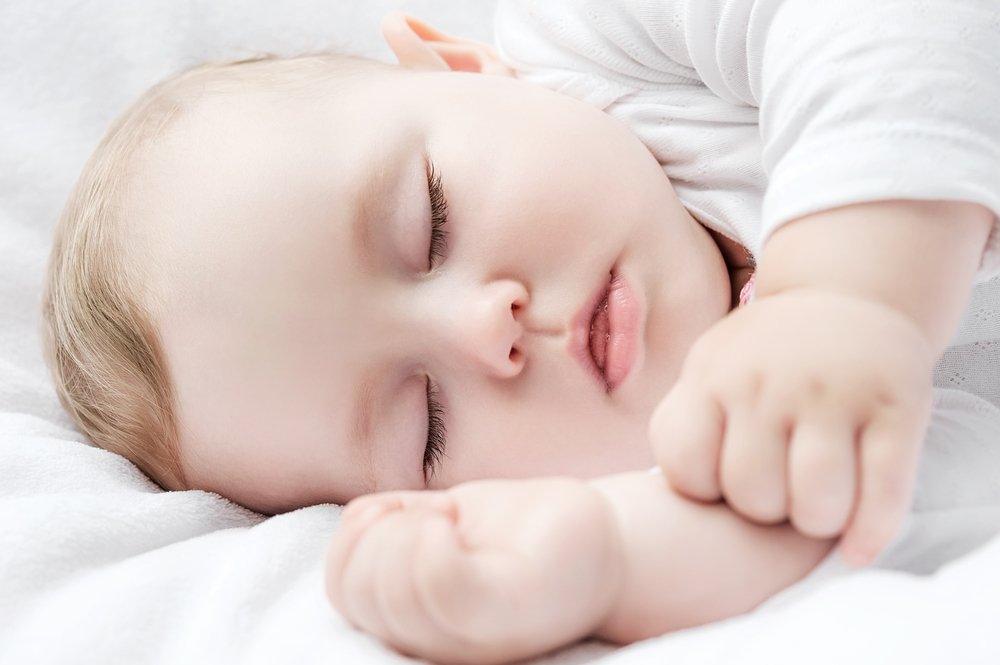
Key points: Babies need adequate sleep for physical and mental development. Newborns have different sleep cycles and tend to wake up frequently to…
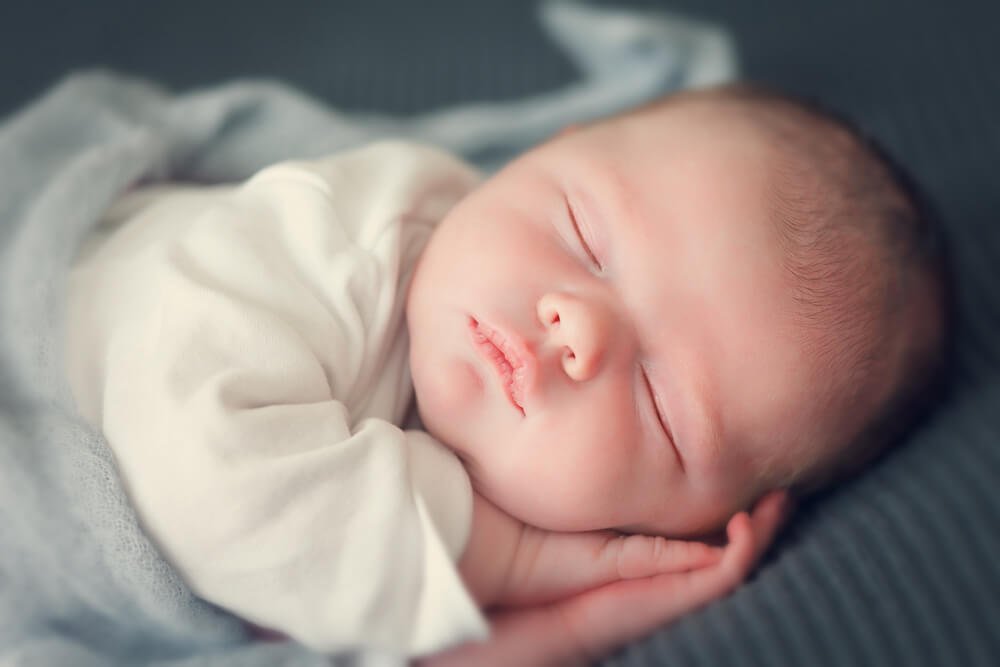
Key Points: Some newborns may sleep through the night without needing to eat. Babies who are growing well and meeting feeding requirements may…
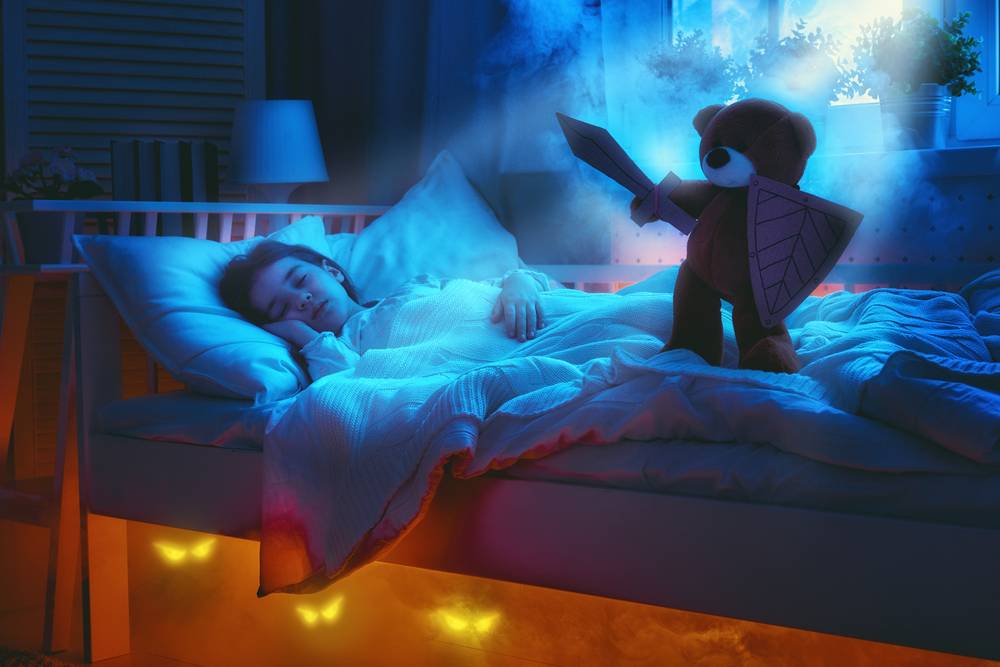
Key points: 1. Children commonly have nightmares due to fears and experiences. 2. Comfort and explain to your child after a nightmare. 3….
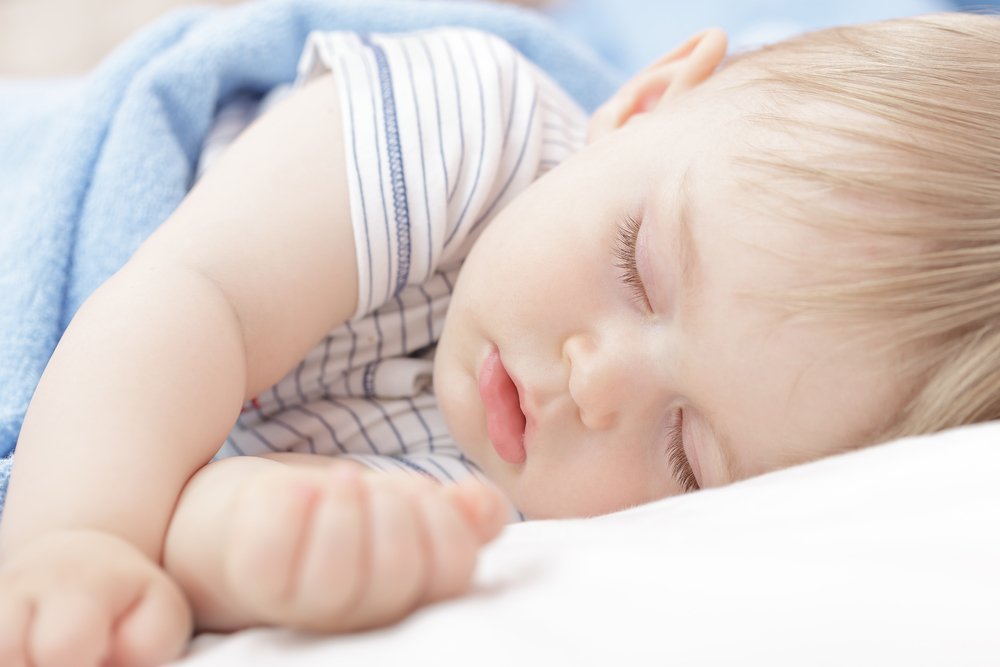
Key points: 1. Avoid letting your baby stay up late, as it leads to overtiredness and sleep issues. 2. Establish a consistent baby…
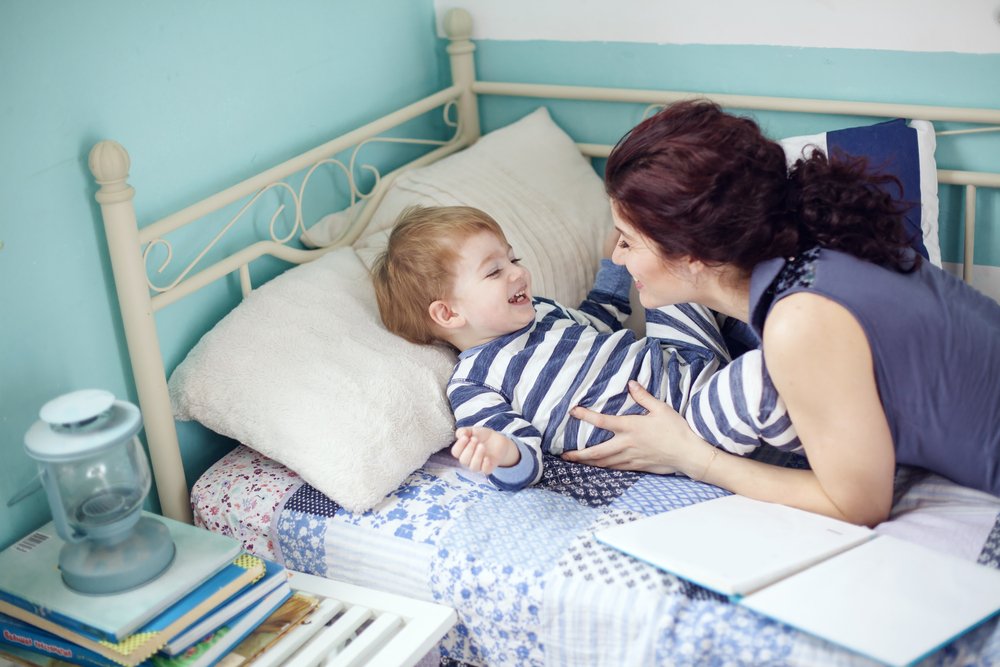
Key points:1. If your toddler is escaping the crib, it’s time to transition to a bed to prevent falls.2. Maintain consistent bedtime routines…